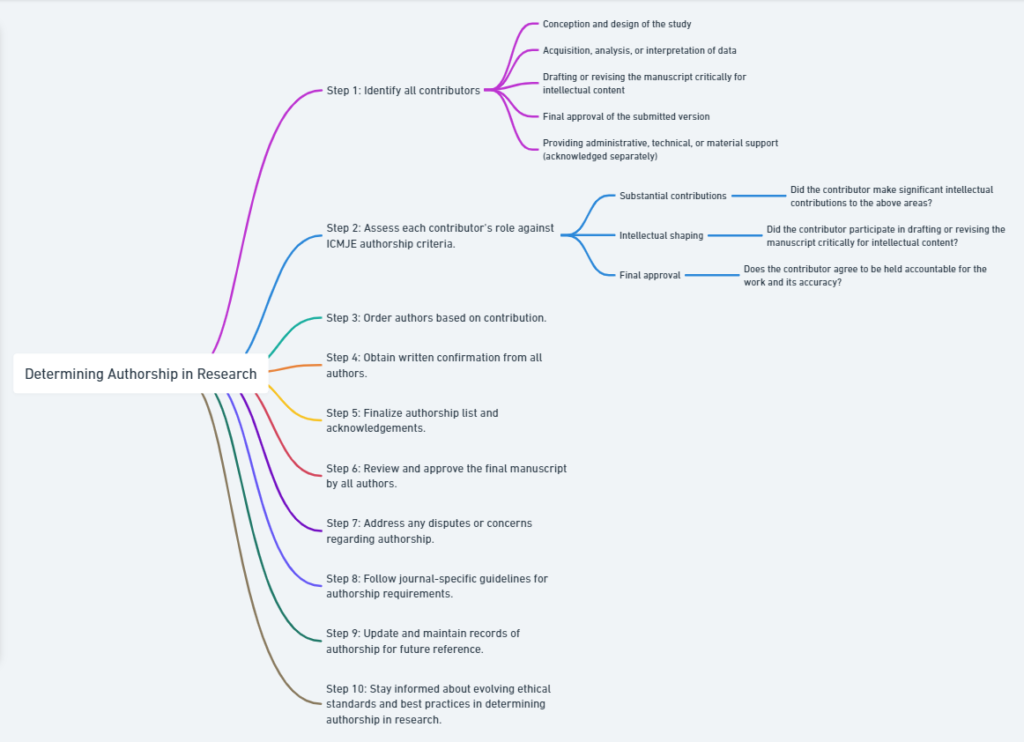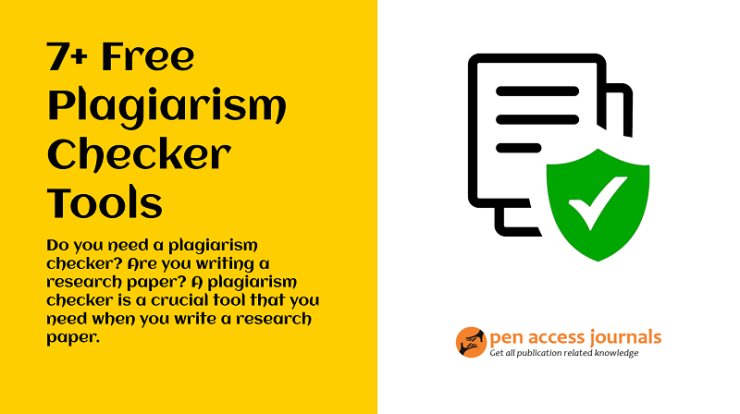Conquering plagiarism in nursing research and authorship

Contributing to the science of nursing helps advance the nursing profession and improve patient outcomes. Essential to this success is encouragement of and support for ethical health research and authorship. Plagiarism, whether in a report, journal manuscript, grant proposal, or term paper, violates the trust between reader and author. If words or ideas have been borrowed from others (or even from an author’s previous work), the reader assumes that an ethical author will disclose that information. This article discusses plagiarism in publishing and research settings and examines why it’s a professional nursing concern, and how you can avoid self-plagiarism in your work.

PDF) Plagiarism in nursing education and the ethical implications in practice

Research Methodology-03: Plagiarism

Pulmonary Research and Respiratory Medicine

PDF) Academic Misconduct and Plagiarism: Case Studies from Universities around the World

Benefits of publishing your work open access: Debunking myths

Ethical and Legal Aspects Part 2: Plagiarism-What Is It and How

Pitfalls of Salami Slicing- Focus on Quality,Not Quantity of Publications

7+ Free Plagiarism Checker Tools to Avoid Plagiarism » Open access journals

PDF) Plagiarism or differing ways of representing knowledge?

PDF) Plagiarism or differing ways of representing knowledge?

Ethical and Legal Aspects Part 2: Plagiarism-What Is It and How

How To Write Plagiarism Free Research Article Or Paper Tips

PDF) Plagiarism: Concepts, Factors and Solutions

Scientific Misconduct: Also an Issue in Nursing Science?

5 Unethical publishing practices journal editors can easily spot